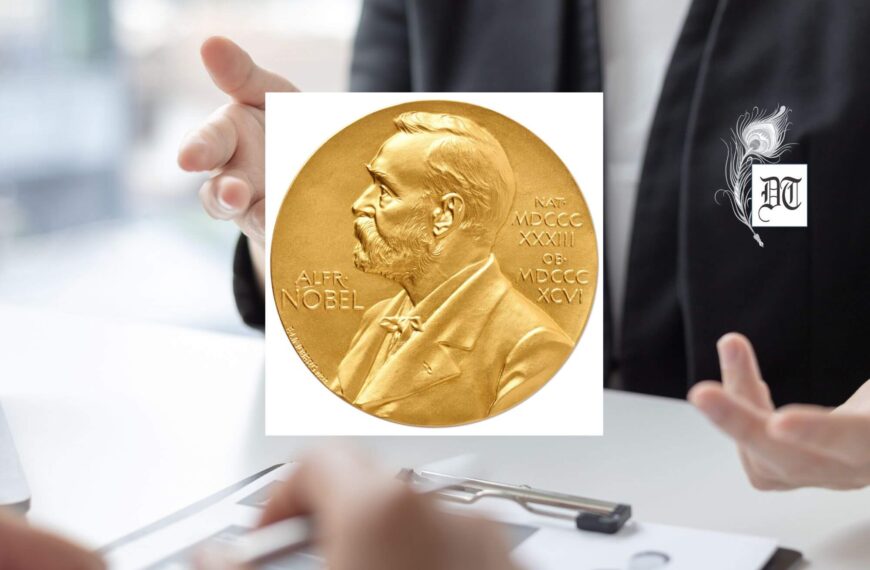Dr. Baljeet analyses the ongoing conflict between Israel and Hamas in the Middle East, providing historical context and geopolitical dynamics influencing Arab nations’ stance, exclusively for Different Truths.
Wars are no solution to any problem. They consume innocent lives and cause wanton destruction of colossal magnitude. The peaceful atmosphere gets vitiated, and the natural ecosystem is damaged as a result. Notwithstanding this, the trail of destruction from unending wars continues. Blood shedding is embedded in the human psyche.
At present, the world at large is yet to recover from the deep shock of the raging Russia-Ukraine war, when its attention has suddenly been diverted to another blood-chilling, rather more devastating conflict in the Middle East. It commenced when Hamas, an Islamist militant organisation in Palestine, now ruling over Gaza, invaded southern Israel at various points on October 7. It shattered the Israeli borders with 3000 rockets and its most advanced intelligence and surveillance network in the blink of an eye. 1200 Israelis were brutally killed, and more than 200 were captured as hostages, including women and children, at the ongoing musical festival.
Israel retaliated with greater vengeance by conducting air strikes on the Gaza Strip.
Israel retaliated with greater vengeance by conducting air strikes on the Gaza Strip. The United States and its Western world allies have expressed their full solidarity with Israel and condemned Hamas’ action in severe terms. Joe Biden, the American President paid a special visit to Israel, followed by other Western leaders, to boost its morale He assured the Israeli prime minister, Benjamin Netanyahu, of all military assistance. Immediately thereafter, the American Navy fleet was dispatched to the Mediterranean Sea for Israeli army support.
Toeing the American line of action, India supported Israel in condemning the Hamas incursion. The Israeli ground invasion is also in progress, forcing Palestinians to leave their homes and hearts in North Gaza. More than 14,500 Palestinians and about 6,000 of their children have been massacred to date. This carnage is still going on, with only a little respite of seven days for humanitarian aid. Even hospitals, including the biggest Al Shifa and refugee camps, have not been spared.
Appeals for permanent ceasefire and humanitarian aid from across the world have deafening silence on the Israeli prime minister, Benjamin Netanyahu, who has vowed to finish Hamas from the territory that Israel claims as its own. Gaza has been blockaded and invaded from all sides—air, sea, and land. Hospitals are running out of fuel, electricity, medicines, and other essential equipment. Groceries have been shut down owing to a shortage of food materials. People are starving and dying.
… when the fate of Palestinians hangs in balance, would the rest of its Arabian allies rally around it in this hour of crisis?
Thus, when the fate of Palestinians hangs in balance, would the rest of its Arabian allies rally around it in this hour of crisis? This question is pertinent to be asked at this stage when the most powerful nation and the Western world are at the back of Israel. It may be recalled here that the UN General Assembly resolution of 1947 divided Palestine between the Jews and the Palestinians.
Accordingly, when the British mandate in Palestine was terminated in 1948, the State of Israel was created in Palestinian lands. This action frightened the Arabs. In desperation, Egypt, Syria and Jordan attacked Israel in support of Palestine. But their defeat led to the expulsion of about 7,00,000 Palestinians to the neighbouring states, never to return to their homeland. Israel, on the other hand, acquired more territory than was decided then.
Again, in the Seven Days War in 1967, Arabs had to taste another defeat at the hands of Israelis. The latter seized the Gaza Strip and the Sinai Peninsula from Egypt, the West Bank and East Jerusalem from Jordan, and the Golan Heights from Syria. Since then, relations between Arabs and Israel have never been cordial, and conflict between the two has been going on intermittently.
With the ticking of the clock and the changing geo-political situation, it seems the Arabs are weaning away from Palestinians, leaving them in the lurch.
With the ticking of the clock and the changing geo-political situation, it seems the Arabs are weaning away from Palestinians, leaving them in the lurch. They are plagued with their own political, social, and economic problems. Most of them are ruled by autocratic rulers who at least bother to cater to the feelings of their subjects and have their axes to grind.
When, in 2011, democratic movements in the form of the Arab Spring raised their heads against their dictatorial regimes, they crushed them with heavy hands. Recent popular risings in Egypt, Jordan, Morocco, Bahrain, Yemen, and other countries against them have also been suppressed.
Secondly, most of the Arabian countries are weaker economically. Their main source of income is oil, which is also uncertain in the prevailing volatile market. The United States of America used to import a considerable quantity of oil from the Arabs but has now become almost self-sufficient.
Given the situation, the Arabs are thus in dire need of other sources to augment their incomes and are desirous of seeking support from powerful nations like the USA. Entangled with their problems, it seems improbable that they would stand like a rock behind Palestine.
Thirdly, many of them have made peace agreements with Israel, such as Egypt in 1979 and Jordan in 1993, and thus normalised their relations with it. Former President Donald Trump of the United States was instrumental in brokering agreements between Bahrain, Morocco, the United Arab Emirates, and Israel through the Ibrahim Accords in 2020. President Biden is also making efforts to bring Saudi Arabia and Israel to the negotiating table.
…the Arabian countries are unlikely to open their borders to Palestinian refugees…
Fourthly, the Arabian countries are unlikely to open their borders to Palestinian refugees, as they are already flooded with refugees.
Fifthly, the Arabian leaders point out the disunity among the Palestinians as Hamas (ruling over Gaza) and Fatah (ruling over the West Bank). The two movements are at daggers drawn with each other. Under the prevailing situation, they reason it as their inability to support the Palestinians. Moreover, the Arabs hardly want this war to spiral into a regional conflagration, as in that case, American and Western forces will side with Israel and their fate will be sealed forever.
In the recently concluded Arab-Islamic Summit in Riyadh, Saudi Arabia, Iranian President Ebrahim Raisi, appealed to the Arabian nations to be united against Israel, thereby justifying Palestinian resistance against the illegal occupier of their land. He exhorted the Islamic leaders to cut off all trade and diplomatic ties with Israel. Israel, he said, is committing war crimes and killing innocent civilians and must be tried in the International Court of Justice. He held the United States of America solely responsible for this war in Gaza and demanded a complete ceasefire.
…their verbal sympathy for Palestinians and mere condemnation of Israel without concrete action will serve no purpose…
However, his emotional appeal seems to have little effect on the Islamic leaders, as they are grappling with their problems. Thus, their verbal sympathy for Palestinians and mere condemnation of Israel without concrete action will serve no purpose for the Palestinian cause. Given the changing geopolitical situation and their weaknesses, there is a remote possibility of Arabian nations taking a solid stand behind Palestine. When organisations like the United Nations have become ineffective in solving international problems, then who can stand for Palestinians?
It seems Palestinians will have to fend for themselves.
Picture design by Anumita Roy







 By
By
 By
By